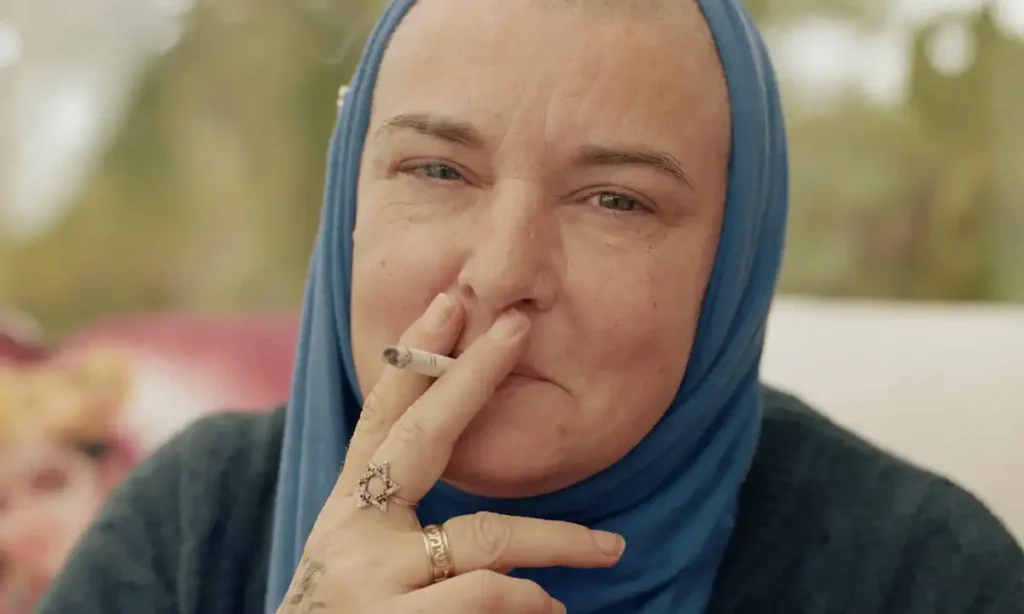The Life of Sinead O’Connor

Sinéad O’Connor, a name that echoes through the annals of music history with both reverence and controversy, has led a life as tumultuous as her soul-stirring music. Born on December 8, 1966, in Dublin, Ireland, O’Connor’s journey has been one of artistic brilliance, profound activism, and personal struggles. Her unique voice, fearless demeanor, and bold statements have left an indelible mark on the music industry, making her one of the most iconic and enigmatic figures of our time.
Singer-songwriter O’Connor, known for her iconic shaved head, started her music career when she was discovered by a local drummer in Ireland. However, her 1990 release, “I Do Not Want What I Haven’t Got,” catapulted her into global fame. The heart-wrenching ballad “Nothing Compares 2 U” brought her unparalleled success, and the video, with O’Connor’s tearful face, became an iconic image of the ’90s. She won several awards and accolades, but her refusal to conform to conventional norms soon overshadowed her musical achievements. She went on to receive eight Grammy Award nominations, including a win in 1991 for best alternative album with “I Do Not Want What I Haven’t Got.”
However, with fame came controversy. O’Connor’s unwavering outspokenness and fearless activism have defined her public image just as much as her music. She consistently used her platform to advocate for social justice causes most notably her famous and controversial act of tearing up a photograph of Pope John Paul II on “Saturday Night Live” in 1992 to protest child abuse within the Catholic Church. This act drew both praise and condemnation, highlighting her willingness to challenge authority and speak truth to power.
Throughout her career, O’Connor’s struggles with mental health have been evident. She openly discussed her battles with depression, bipolar disorder, and suicidal thoughts, breaking the stigma surrounding mental health in the public eye. Her willingness to be vulnerable endeared her to many fans, who found comfort in her music during their struggles. As O’Connor’s fame soared, so did the scrutiny of the media and public. Her candid interviews, controversial statements, and turbulent personal life often overshadowed her musical talents, leaving her deeply misunderstood and unfairly judged. It is essential to recognize that behind the headlines lay a profoundly gifted artist with an unwavering commitment to her beliefs.
In recent years, O’Connor has embraced her spiritual side, converting to Islam in 2018 and changing her name to Shuhada’ Davitt. This change symbolized her desire for a fresh start and her search for inner peace. Despite her shift towards a more tranquil path, her music remains as powerful, inspiring, and relevant as ever.
The BBC reported on July 26, 2023, that Sinéad O’Connor died at age 56, according to a statement from her family. Looking back on the journey of this extraordinary artist, it is clear that Sinéad O’Connor has left an indelible impact on the world of music and beyond. Her legacy is courage, honesty, and an unyielding commitment to her beliefs. We must remember her not just for her controversies, but for her breathtaking talent and her unapologetic pursuit of truth.







Have your say